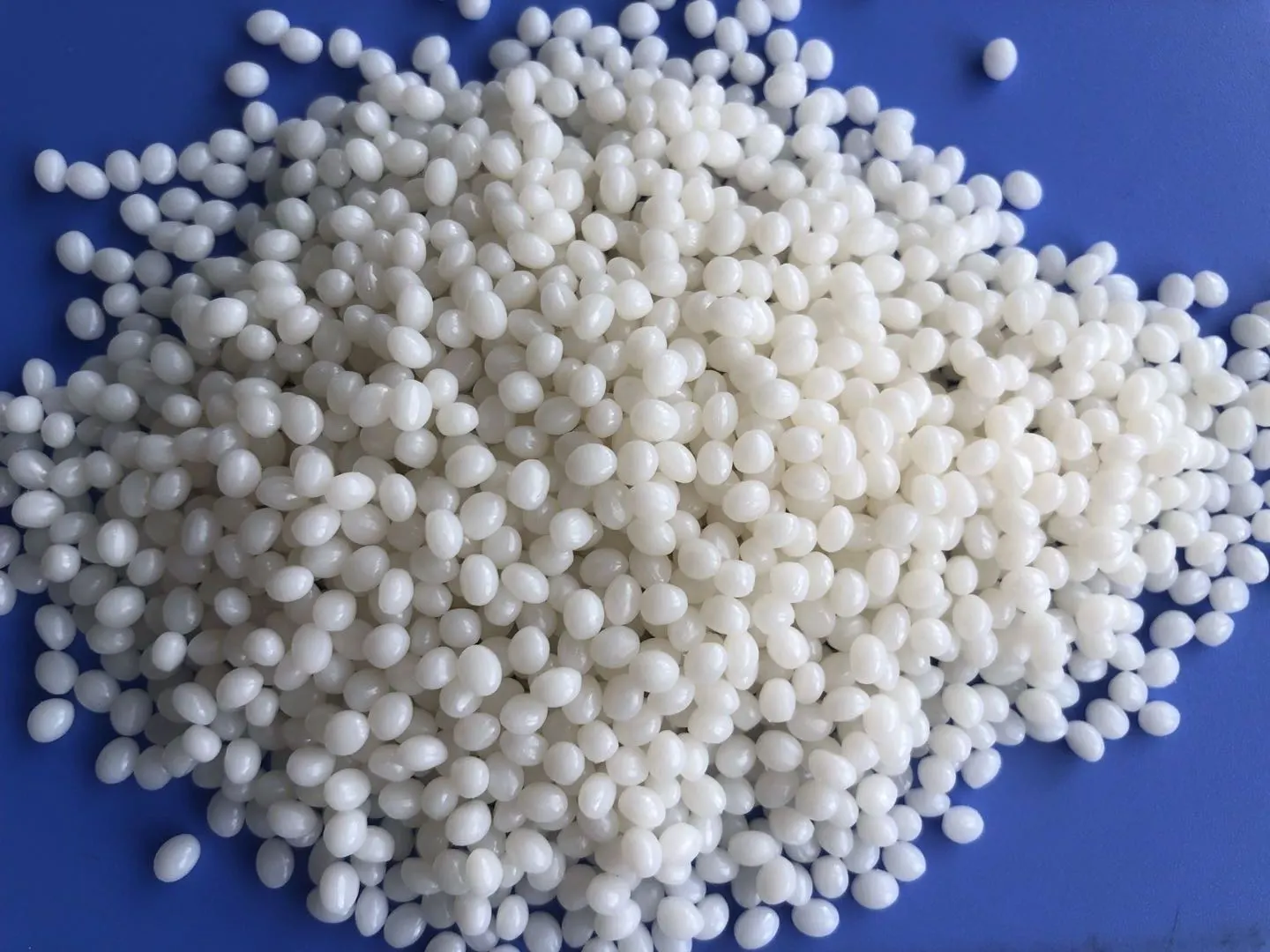
Biodegradability: PBAT is biodegradable, meaning it can be broken down into simpler compounds by microorganisms under aerobic conditions, such as in composting environments. This property makes PBAT suitable for applications where environmental concerns are paramount, such as single-use packaging and agricultural films.
Compostability: PBAT is compostable, meaning it can undergo degradation in industrial composting facilities along with organic waste, resulting in the production of carbon dioxide, water, and biomass. Composting PBAT helps divert organic waste from landfills and reduces the environmental impact of plastic waste.
Flexibility and Toughness: PBAT exhibits good flexibility and toughness, making it suitable for applications requiring elongation and impact resistance, such as compostable bags, films, and food packaging.
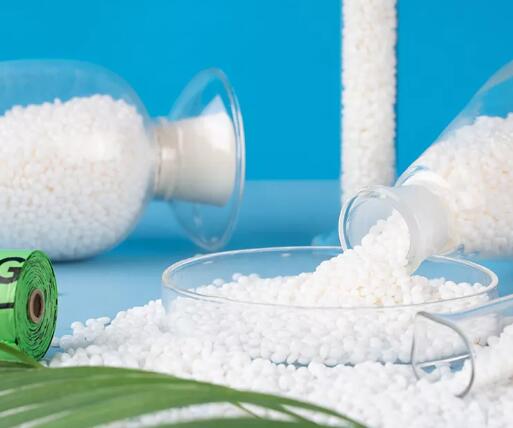
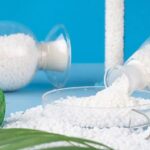
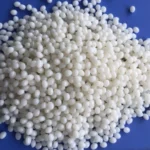
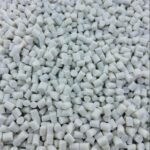
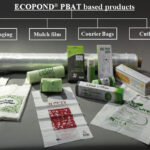

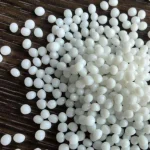
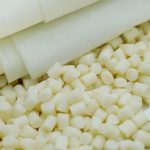
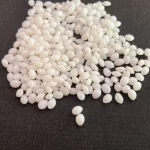
Copyright © 2024 Raghav Polymers. Designed and Developed by Softone
We are glad that you preferred to contact us. Please fill our short form and one of our friendly team members will contact you back.